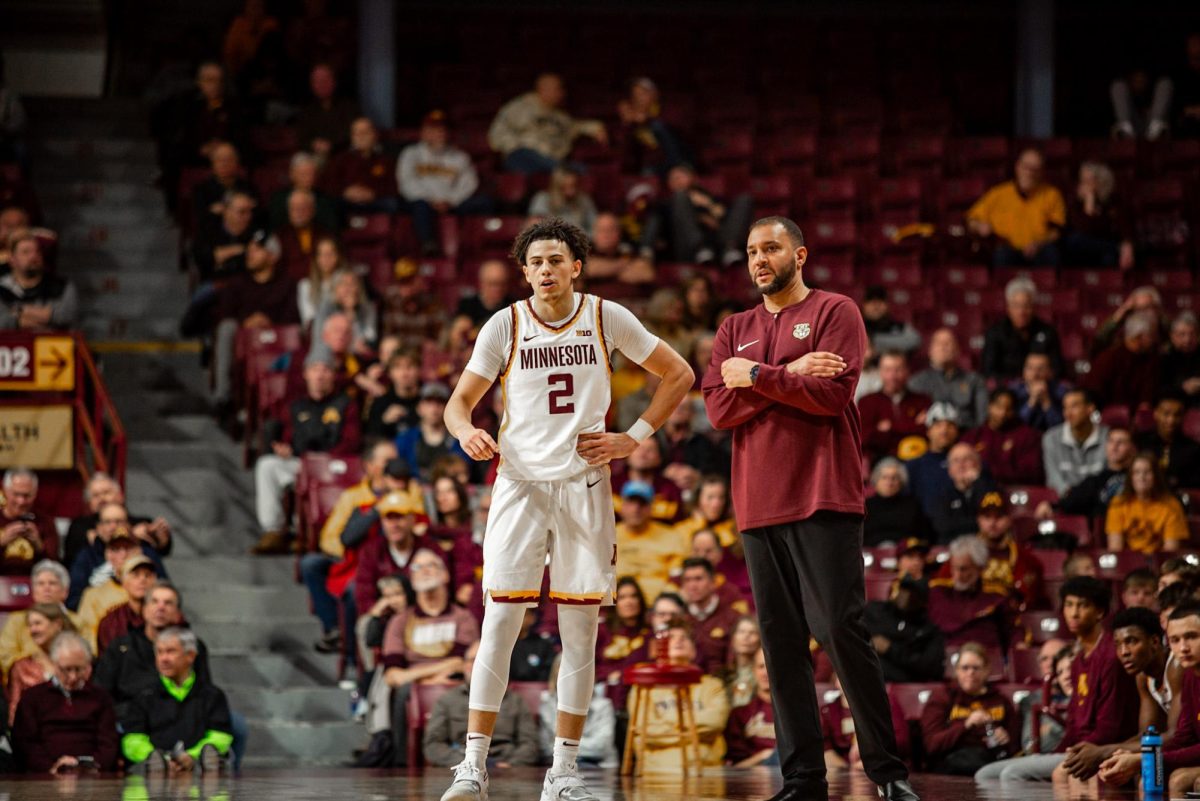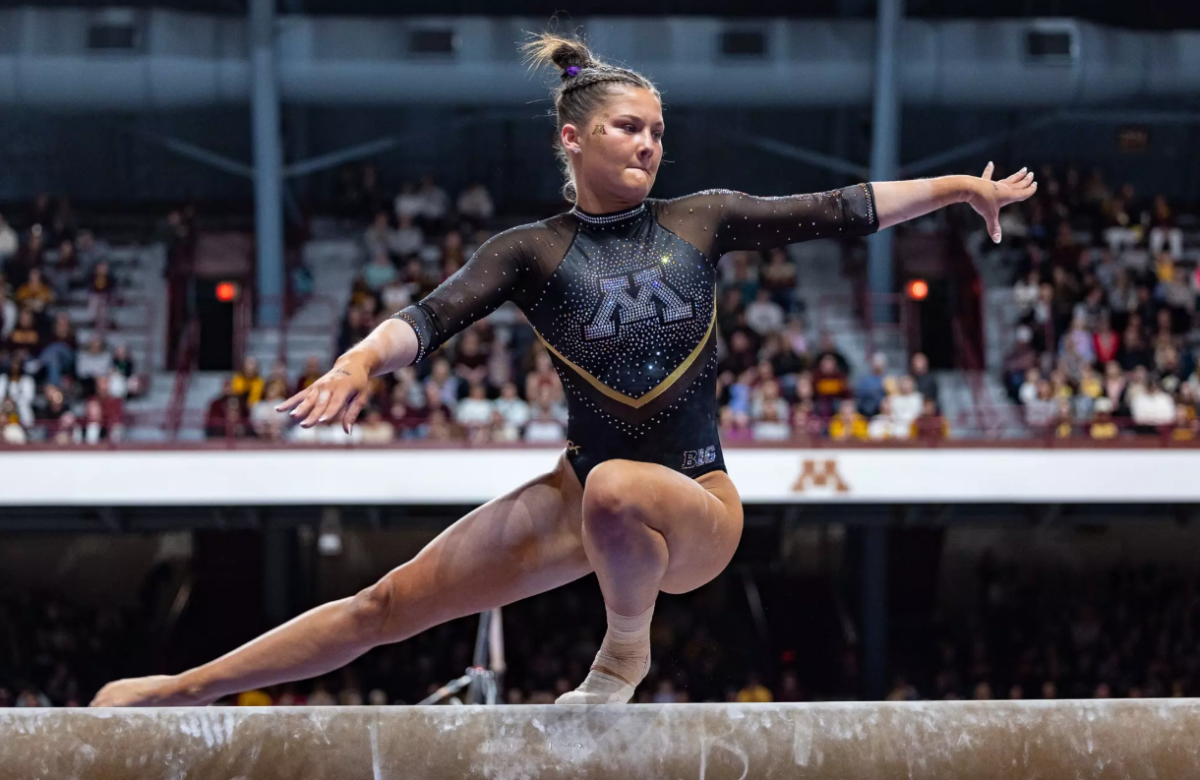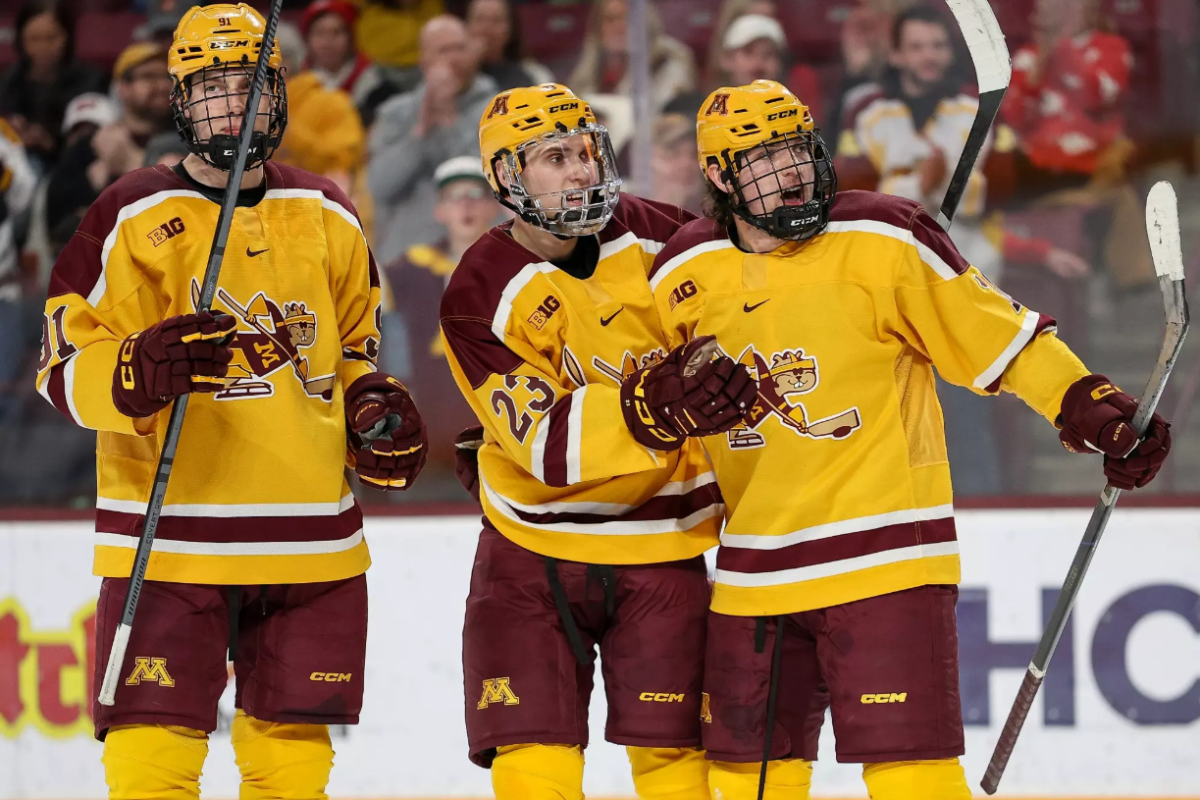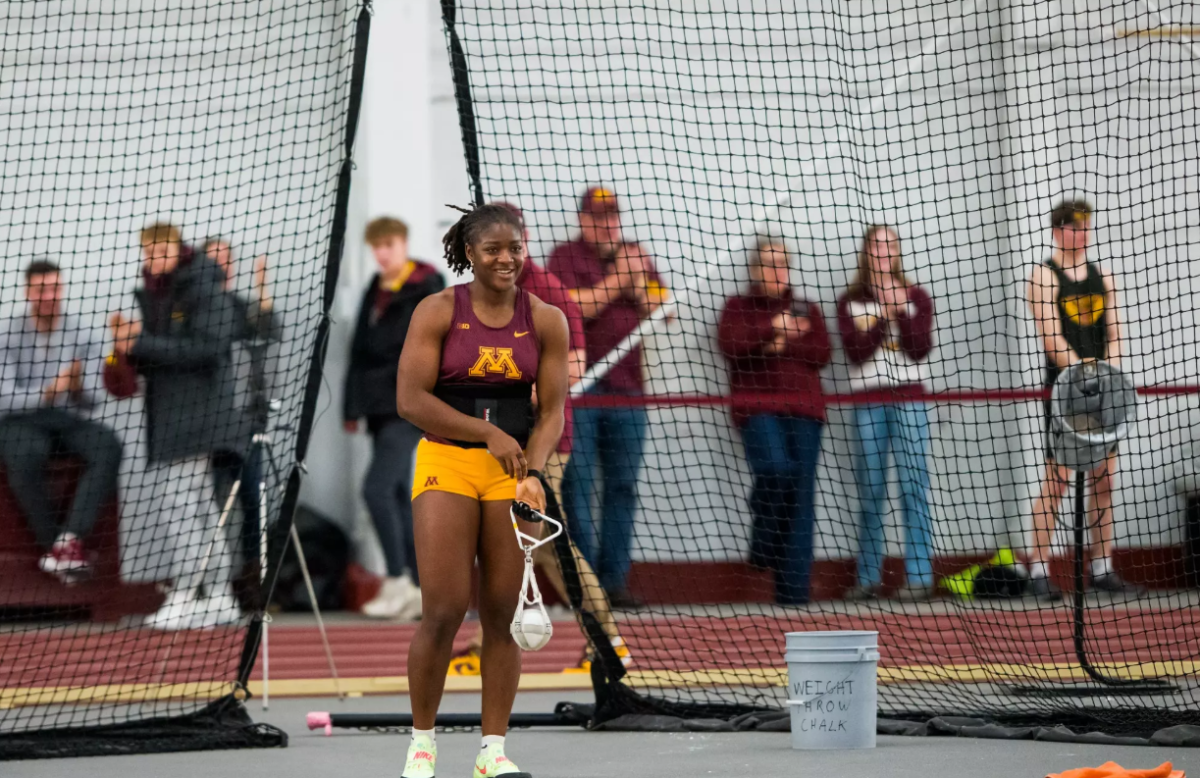Head coaches at Division I universities can be suspended for major violations by their assistants and coaching staffs, according to new NCAA enforcement rules.
The policy was among several changes the NCAA Division I board of directors announced Tuesday
regarding its compliance structure. The NCAA will also adopt a stricter, more detailed program for enforcing penalties. The changes take effect in August 2013.
University of Minnesota head coaches like Jerry Kill and Tubby Smith could be suspended for a whole season if someone in their program committed a major violation, for example. The policy applies to head coaches for smaller sports as well.
Perry Leo, one of two faculty athletics representatives at the University, said coaches won’t be responsible for every little violation. He said the NCAA’s intention is to separate the rules so more time can be spent focusing on major violations.
NCAA President Mark Emmert said in a news release that the idea was to remove the “risk-reward” that tempted people to break rules previously.
There are now four levels of violations, ranging from Level I to Level IV. It replaces the old structure that defined violations as either major or secondary.
Level I violations are the most severe and include providing
recruiting and other competitive advantages that “seriously undermine or threaten the integrity of the NCAA collegiate model,” the release said.
Level II violations are slightly less severe but still provide a recruiting or competitive advantage. Level III violations are a step below. Level IV violations are described as “incidental issues” and result in little to no advantages.
Level IV may be revised or eliminated in the future in an effort to streamline the Division I rules manual, the NCAA said.
Leo said most of the violations at the University are Level IV violations.
J.T. Bruett, director of athletics compliance at the University, met Tuesday with other Big Ten compliance representatives in Chicago to discuss the new policies.
Bruett said the changes will help from a compliance standpoint but aren’t a big issue for the University.
“I am confident our coaching staff will do the right thing,” he said, referring to their decision to report compliance issues.
Leo said he doesn’t see any real effects on Minnesota.
The University hasn’t had a major compliance scandal since the late 1990s, when academic fraud rocked the men’s basketball program, and the women’s basketball coach broke recruiting rules.
Because the changes will not take effect until Aug. 1, 2013, Bruett said there will be a phase-in period that will allow schools to make necessary changes to their compliance systems.
Leo said the phase-in period allows schools to learn the new rules — and in this case, for head coaches to learn what is expected of them.
Any violations that happened before Tuesday and are processed before the Aug. 1 deadline will face the current penalties, which range from educational sessions to loss of scholarships and postseason eligibility.
Violations that happen Wednesday or later and are processed after Aug. 1 will see the new process and penalty structure.
Many of the penalties currently in use, like postseason bans, financial sanctions and the loss of scholarships, will be used in the new structure because of their effectiveness, the NCAA said.
Bruett said he will meet with University athletics director Norwood Teague and compliance staff members as soon as Wednesday to start discussing the new requirements.







